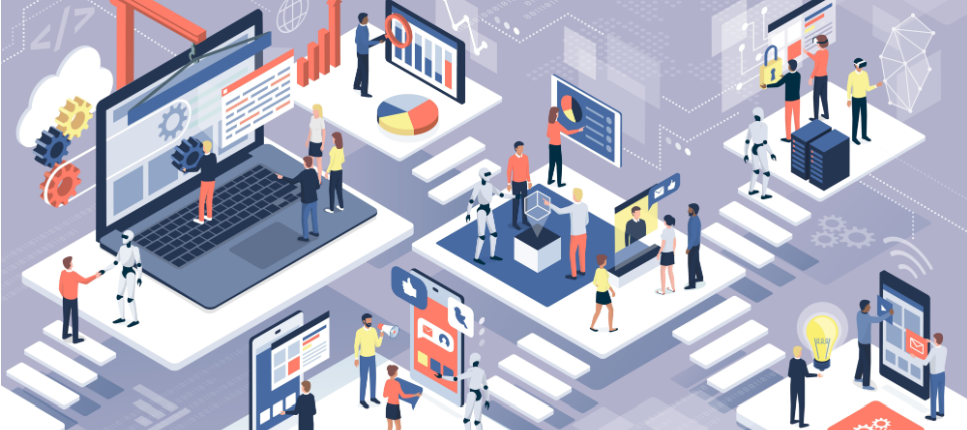Among the most interesting concepts that address the notion of autonomy in learning, self-regulated learning is a rich concept that focuses on the dynamic process by which the learner, guided by goals, plans, observes and evaluates their learning. In a previous article, we presented the main keys to understanding this concept and its field of study. Here are three tips from Professor Laurent Cosnefroy’s literature review to help you transition from theory to practice!
Strengthen your sense of personal effectiveness. Cultivating a high sense of self-efficacy in the task at hand is essential for self-regulated learning. Derived from Bandura’s social-cognitive theory, this feeling is a judgment of one’s ability to perform a task at a certain level. Simply put: if you are not convinced that you have what it takes to achieve a goal, you are unlikely to succeed. The feeling of self-efficacy is a specific feeling (to a task, a subject, an activity, a field of activities) on which it is, in most cases, possible to intervene. Several factors have been identified as having an impact (positive or negative) on it, the most important being the experience of success or failure (see The Learner and The Feeling of Self-Efficacy).
Monitor one’s self-observation. In self-regulated learning, it is metacognition that dynamically orchestrates the other fundamental components of learning, namely cognition, motivation and volition. Metacognition is a process of reflection on how we think and learn that has three components, one of which being metacognitive strategies. These strategies involve, first, metacognitive monitoring, which is a process of self-observation that consists of monitoring and evaluating our cognitive strategies to see if they are on track to achieve our goal; and second, metacognitive control, which consists of taking action on the basis of the observations made, modifying our strategies as needed. To sharpen their ability to self-observe and better identify counterproductive habits, learners should take notes on the factors likely to affect their effectiveness and on which they can intervene (the place of study, the time of day, the time invested, etc.).
Respect the two stages of self-regulation. Before being able to question the relevance of their actions in an activity, the learner must have certain know-how in it. He must be able to progress in this learning relatively efficiently and without too much anxiety; otherwise, he will find himself in a double task (of learning and self-observation) doomed to failure due to a lack of attentional resources. It is, therefore, in the beginner’s best interest to be guided by a teacher or an expert in the activity they wish to master to first ensure that they have the basic know-how necessary to move into self-observation and self-evaluation mode. In the event of poor performance, the learner should focus on evaluating how they conducted the activity rather than on the disappointing outcome. Otherwise, the learner’s sense of self-efficacy, motivation and level of effort for further learning may be impaired.
Related articles:
- Self-training 101
- Self-Training: The Evolution of a Fundamental Concept
- The Learner and The Feeling of Self-Efficacy
- At the very heart of the feeling of personal effectiveness
- [VIDEO] The importance of emotions in learning
- [VIDEO] Metacognition 101
- The 3 Components of Metacognition
- Metacognition in 10 points
- Metacognition in 3 Questions
- Develop Your Metacognitive Skills
- [VIDEO] Neuroscience: Learning in 4 Steps
- Motivation: a driving force for learning engagement
Author:
Catherine Meilleur
Communication Strategist and Senior Editor @KnowledgeOne. Questioner of questions. Hyperflexible stubborn. Contemplative yogi
Catherine Meilleur has over 15 years of experience in research and writing. Having worked as a journalist and educational designer, she is interested in everything related to learning: from educational psychology to neuroscience, and the latest innovations that can serve learners, such as virtual and augmented reality. She is also passionate about issues related to the future of education at a time when a real revolution is taking place, propelled by digital technology and artificial intelligence.







Leave A Comment